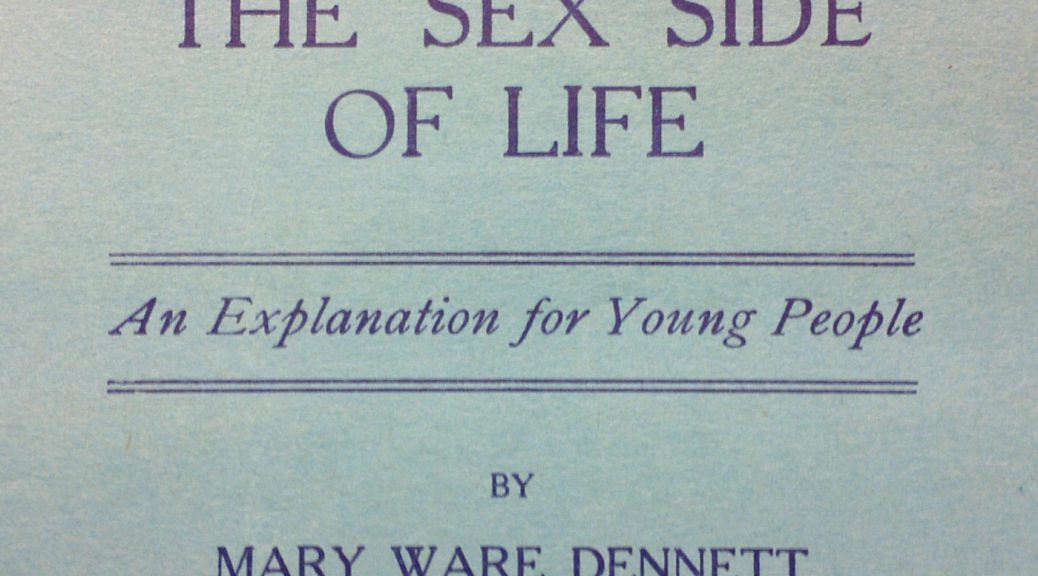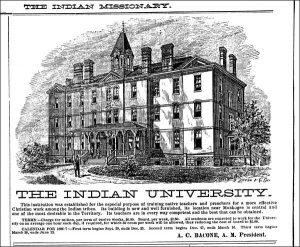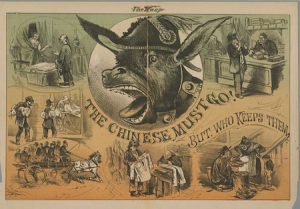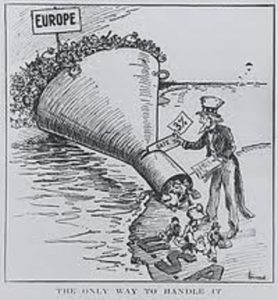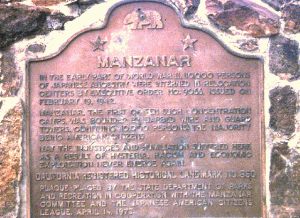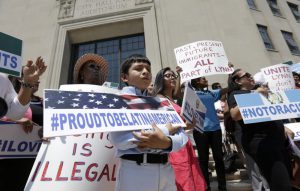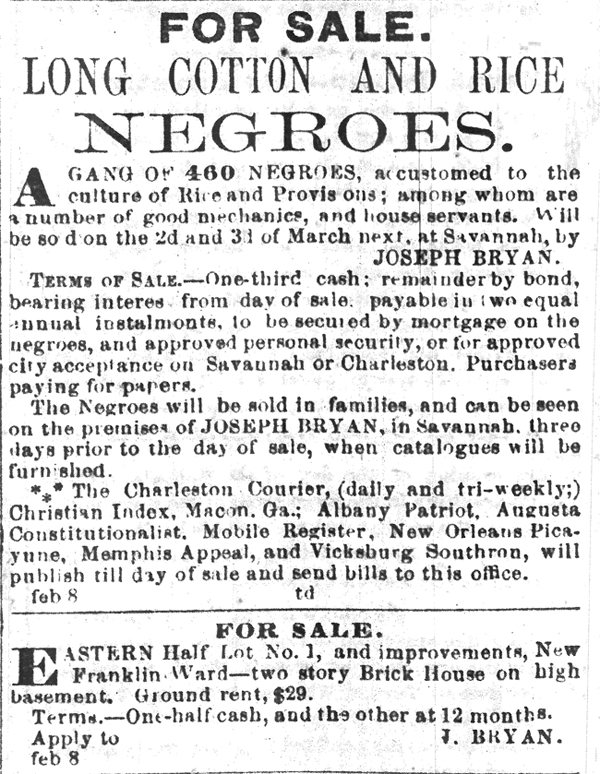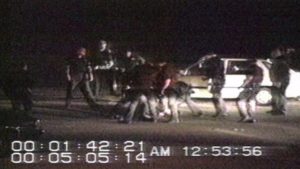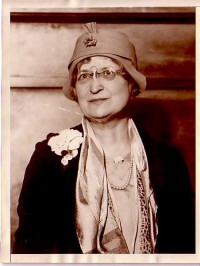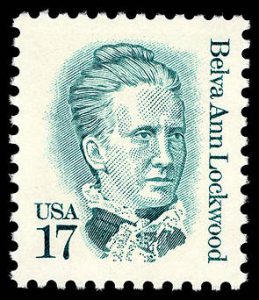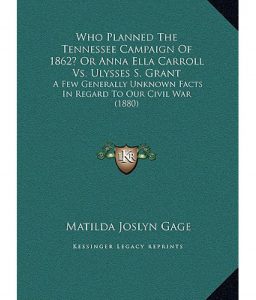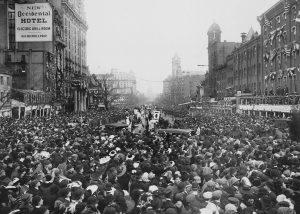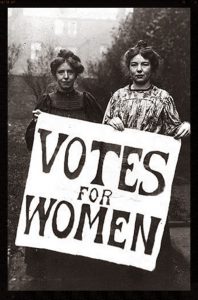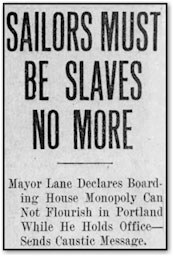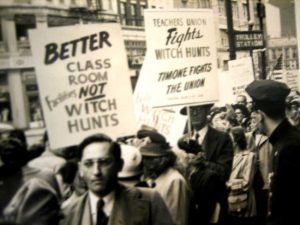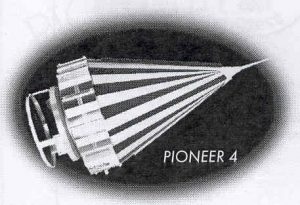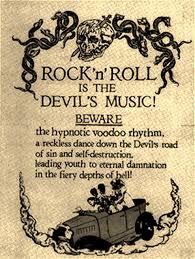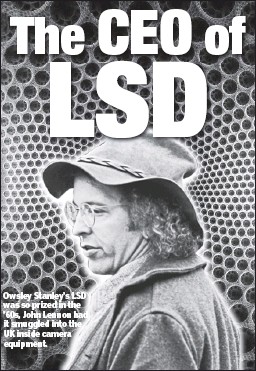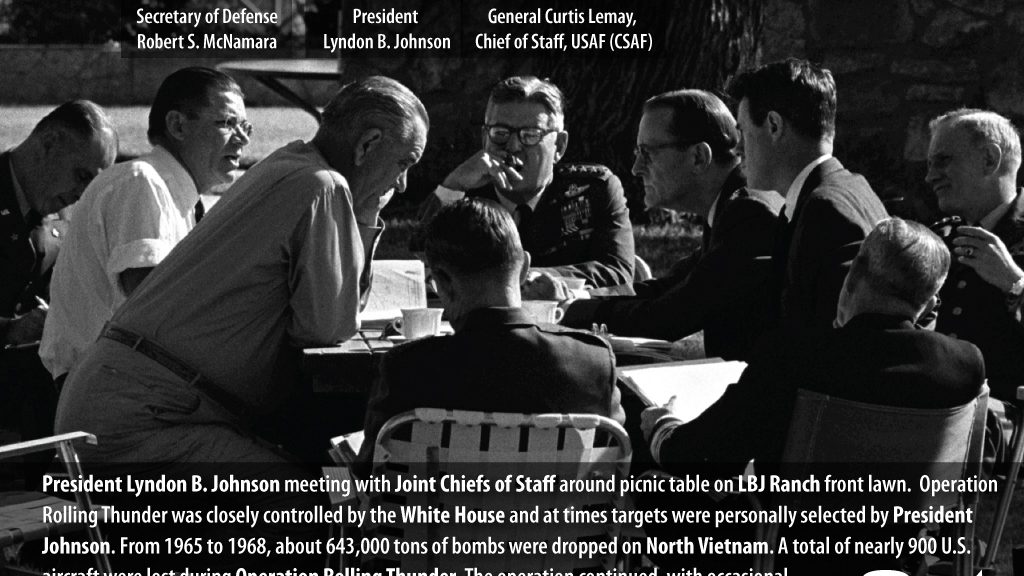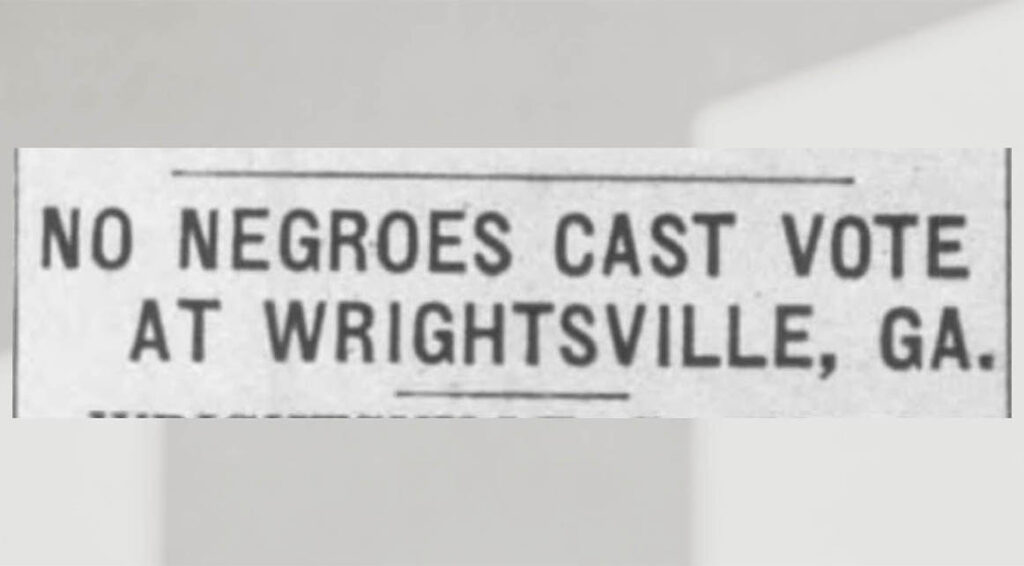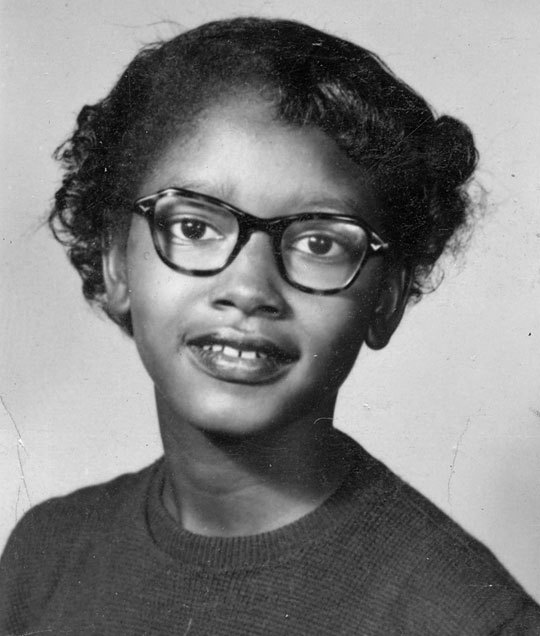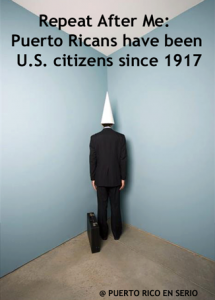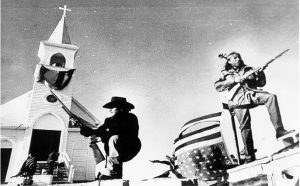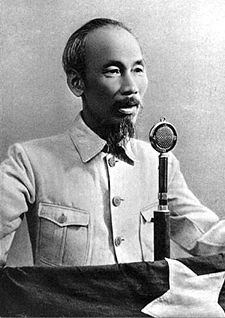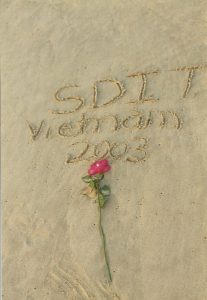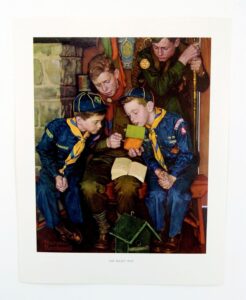March 3 Peace Love Art Activism
Native Americans
Civilization Fund Act
March 3, 1819: the United States Congress enacted the Civilization Fund Act, authorizing the President, “in every case where he shall judge improvement in the habits and condition of such Indians practicable” to “employ capable persons of good moral character” to introduce to any tribe adjoining a frontier settlement the “arts of civilization.”
With a budget of $10,000 per year, missionaries and church leaders partnering with the federal government would establish schools in Indian territories to teach Native children to replace tribal practices with Christian practices. In 1824, the federal government established the Bureau of Indian Affairs to oversee the fund and implement programs to “civilize” the Native people. In the following years, as the United States systematically removed tribes from their homelands to land west of the Mississippi River, the United States turned to policies purportedly aimed at achieving “the great work of regenerating the Indian race.”
According to Indian Commissioner Luke Lea, it was “indispensably necessary that they be placed in positions where they can be controlled, and finally compelled by stern necessity…until such time as their general improvement and good conduct may supersede the necessity of such restrictions.” Over the ensuing decades, the United States’ orientation to Native peoples changed from adversarial to paternalistic. (see November 17, 1828)
Indian Appropriation Act
March 3, 1871: Congress passed the Indian Appropriation Act, which revoked the sovereignty of Indian nations and made Native Americans wards of the American government. The act eliminated the necessity of treaty negotiating and established the policy that tribal affairs could be managed by the U.S. government without tribal consent. (see July 2, 1874)
March 3 Peace Love Art Activism
Immigration History
Carriage of Passengers Act of 1855
March 3, 1855: the Carriage of Passengers Act of 1855 repealed Steerage Act of 1819, and all the other Acts regulating conditions of travel passed after that.
The Carriage of Passengers Act imposed a wider range of regulations on the conditions of travel than the original Steerage Act, combining and extending regulations introduced in the many other Acts passed starting 1847. Specifically, in addition to modifying the limits based on tonnage and food and water provisions, it added many regulations on such topics as deck space, hospitals, berths, ventilators, cambooses and cooking ranges, discipline and cleanliness, and privies.[8][9] The additional regulations were designed and motivated by the goal of reducing the spread of infections and deaths on board, after experience with epidemics of cholera, typhus, and typhoid in recent years. (next IH, see March 3, 1875)
Immigration Act of 1875
March 3, 1875: Congress approved the Immigration Act of 1875. The first immigration law to bar certain groups of people from entering the US. It prohibits the importation of Chinese laborers without their consent and the importation “of women for the purposes of prostitution.” The unstated purpose was to prevent single Chinese women from immigrating and marrying Chinese men already in the US, since their US-born children would have been citizens under the 14th amendment. (see July 23, 1877)
1903 Immigration Act
March 3, 1903: the 1903 Immigration Act banned the entry into the U.S. of anarchists, beggars, epileptics, and importers of prostitutes. Enacted on this day, it became a model for subsequent restrictive, anti-immigrant laws in the years and decades ahead. The 1918 Immigration Act, passed on October 16, 1918, expanded the definition of an “anarchist,” allowing the government to deport more alleged radicals. The most notorious law was the 1924 Immigration Act, passed on May 26, 1924, which included a “national origins” quota system that discriminated against people seeking to come to the U.S. from Eastern and Southern Europe. The 1952 McCarran-Walter Act, passed on June 27, 1952, was a Cold War law that barred the immigration of alleged “subversives” and allowed the government to deport immigrants who were deemed subversive.
The 1965 Immigration Act replaced the 1924 law, the 1965 act abolished the quota system. President Lyndon signed it into law on October 3, 1965, in a ceremony at the Statue of Liberty. (Immigration, see January 4, 1904; Anarchism, see June 27, 1905)
Japanese Internment Camps
March 3, 1992: Manzanar was one of ten Relocation Centers in the infamous evacuation and detention of the Japanese Americans during World War II (authorized by President Roosevelt on February 19, 1942). It held just over 10,000 detainees. On this day, Manzanar became a National Historic Site, managed by the National Park Service. Two other Relocation Centers also have national landmark status: Tule Lake (designated on February 17, 2006) and Heart Mountain (designated on September 20, 2006). (see Camps for expanded story)
Immigrant Housing
March 3, 2014: the U.S. Supreme Court declined to hear two cases involving anti-immigrant local ordinances in Hazleton, Pennsylvania and Farmers Branch, Texas that would have denied housing to immigrants that the cities considered “illegal aliens.” The decision will let stand lower court rulings in the 3rd and 5th Circuits, respectively, that found the ordinances unconstitutional and permanently prohibited the ordinances from taking effect. (see Mar 11)
March 3 Peace Love Art Activism
BLACK HISTORY
“the weeping time”
March 3, 1859: largest sale of human beings in US history, known as “the weeping time” occurred. The sale took place at a racetrack in Savannah, Georgia. During the two-day auction 436 men, women, and children were auctioned off to meet the debts of Pierce Butler. (see Oct 16 – 17)
Muhammad Ali
March 3, 1964: according to a story published by The Louisville Courier‐Journal, Muhammad Ali failed by a slight margin to pass the psychological tests, which he had taken January 24 in Coral Gables, Fla. The Defense Department said only that the tests were being forwarded to Washington for “processing.” (see Mar 4)
George Whitmore, Jr.
March 3, 1965: At a hearing before Justice Dominic S. Rinaldi, before whom the Minnie Edmonds case was pending, defense lawyers moved to suppress Whitmore’s confession on the ground that police lacked probable cause to arrest him and that, in any event, the confession was unworthy of belief in view of Whitmore’s false confession in the Wylie-Hoffert case.
On the probable cause issue, Detective Richard Aidala testified that he erred when he told the grand jury that he had arrested Whitmore on the street. In fact, Aidala asserted, he merely asked Whitmore to go to the station, Whitmore “willingly agreed,” and the arrest was not made until Borrero identified Whitmore. (see Whitmore for expanded story)
Rodney King
March 3, 1991: Los Angeles police officers beat Rodney Glen King, an African-American construction worker, following a high-speed car chase. George Holliday, a resident in the nearby area, witnessed the police brutality and videotaped much of it from the balcony of his nearby apartment.
King was taken to Pacifica Hospital immediately after his arrest, where he was shown to have suffered a fractured facial bone, a broken right ankle, and numerous bruises and lacerations. (see Mar 4)
Ferguson, Missouri
March 3, 2015: after a six month inquiry, the DOJ found that the Ferguson, Missouri Police Department had routinely engaged in unconstitutional and unlawful activity that targeted the city’s majority African-American population. The bias was so pervasive that city officials sometimes used racial slurs in their emails. President Barack Obama would not stay in office, wrote one city official, since “what black man holds a steady job for four years.”
Black residents were twice as likely as whites to be searched during a routine traffic stop, although they were 26 percent less likely to carry contraband. African-Americans make up 67 percent of the city’s population but constitute 93 percent of its arrests.
Municipal courts heavily favored whites in deciding if cases would be dismissed. And the city used heavy fines to send many impoverished black residents to jail, part of a system that created a debtors’ prison. (see Mar 6)
March 3 Peace Love Art Activism
Women’s Health
Free Speech
March 3, 1873: named after Anthony Comstock, a U.S. postal inspector, the Comstock Act amended the Post Office Act [enacted June 8, 1872]. It formally incorporated the US Post Office Department into the US Cabinet. It is also notable for §148 which made it illegal to send any “obscene, lewd, and/or lascivious” materials through the mail, including contraceptive devices and information. In addition to banning contraceptives, this act also banned the distribution of information on abortion for educational purposes.
Comstock founded the New York Society for the Suppression of Vice in 1873 and led its anti-obscenity crusade until his death, on September 21, 1915. He was succeeded as head of the Society by John Sumner, who continued his crusade. (Embryo Project article) (FS, see December 24, 1908: WH, see March 1914)
Mary Ware Dennett
March 3, 1930: Mary Ware Dennett was a leading birth control and sex education advocate in the 1920s and 1930s. She was prosecuted under the Comstock Act (March 3, 1873) for mailing her sex education pamphlet, The Sex Side of Life. She originally wrote the pamphlet for her children, and then decided to publish it after receiving many requests for copies. Her prosecution and then conviction on April 23, 1929 became a national cause célèbre, with many prominent Americans coming to her defense. The Second Circuit Court of Appeals, on this day, overturned the conviction in a decision that expanded First Amendment protections for other sexuality related publications.
The Court: “It may be assumed that any article dealing with the sex side of life and explaining the functions of the sex organs is capable in some circumstances of arousing lust. The sex impulses are present in every one, and without doubt cause much of the weal and woe of human kind. But it can hardly be said that, because of the risk of arousing sex impulses, there should be no instruction of the young in sex matters, and that the risk of imparting instruction outweighs the disadvantages of leaving them to grope about in mystery and morbid curiosity and of requiring them to secure such information, as they may be able to obtain, from ill-informed and often foul-minded companions, rather than from intelligent and high-minded sources.”
Mary Ware Dennett was also a leading advocate of birth control. In the 1920s and 1930s, working through the Voluntary Parenthood League, she was Margaret Sanger’s chief rival on the issue. (see Aug 15)
March 3 Peace Love Art Activism
Environmental Issues
United States Geological Survey
March 3, 1879: Congress established United States Geological Survey for the “classification of the public lands, and examination of the geological structure, mineral resources, and products of the national domain” (see June 4, 1892)
March 3 Peace Love Art Activism
Feminism
Belva Lockwood
On February 15, 1879 President Rutherford B. Hayes had signed legislation allowing women to be admitted to practice before the US Supreme Court. Ten years later, on March 3, 1889 Belva Lockwood became the first woman admitted to practice under the new law admitting women before the US Supreme Court.
Matilda Josyln Gage
In 1880: Gage wrote “Who Planned the Tennessee Campaign of 1862?” Gage argued that a woman, Anna Ella Carroll, planned that campaign in detail. [In the fall of 1861, Carroll had traveled to St. Louis to work with secret agent, Judge Lemuel Dale Evans, who had been appointed by Secretary of State William H. Seward. Carroll gathered information and based on it and in late November 1861 wrote a memorandum that she sent to Assistant Secretary of War Thomas A. Scott and Attorney General Edward Bates, advocating that the combined army-navy forces change their invasion route from the Mississippi to the Tennessee and Cumberland rivers.] (see November 9, 1882)
Voting Rights
March 3, 1913: 8,000 women’s suffrage marchers walked down Pennsylvania Ave in Washington, D.C. This was the first large protest for women’s Suffrage in the city. They were met with large crowds of unruly men blocking their paths and shouting derogatory remarks. Many marchers were injured and congressional hearings would later remove the Chief of DC Police. (see March 17)
Congressional Union
March 3, 1914: Congressional Union for Woman Suffrage participated in suffrage hearing before House Judiciary Committee. (see Mar 19)
March 3 Peace Love Art Activism
FREE SPEECH
Schenck v. United States
March 3, 1919: Schenck v. United States, the Supreme Court decision upheld the Espionage Act of 1917 and concluded that a defendant did not have a First Amendment right to express freedom of speech against the draft during World War I. Ultimately, the case established the “clear and present danger” test, which lasted until 1969. (Oyez article) (Anarchism, see Mar 10; FS, see Nov 10)
March 3 Peace Love Art Activism
US Labor History
Seamen’s Act
March 3, 1915: Congress approved the Seamen’s Act, providing the merchant marine with rights similar to those gained by factory workers. Action on the law was prompted by the sinking of the Titanic three years earlier. The Act included provisions to:
- abolish imprisonment for desertion
- reduce penalties for disobedience
- regulate the working hours of seamen both at sea and in port
- establish a minimum quality for rations supplied to seamen
- regulate the payment of wages to seamen
- establish a harsh penalty of double wages per daythat any wages remained unpaid upon a sailor’s discharge (which resulted in one case where the U.S. Supreme Court awarded $302,790.40 to a sailor who had been discharged with $412.50 in unpaid wages.
- set safety requirements, including the provision of lifeboats
- require a minimum percentage of the seamen aboard a vessel to be qualified able seamen.
- require at least 75% of the seamen aboard a vessel to understand the language spoken by the officers (see Nov 19)
Davis-Bacon Act
March 3, 1931: The Davis-Bacon Act required that federal contractors pay their workers the wages and benefits prevailing in the local market when working on a public works project. The law aimed at keeping employers from importing cheaper workers from outside the region. (see July 15)
WV Teacher Strike
March 3, 2018: the West Virginia teachers strike continued after state legislators passed a bill late Saturday that would give educators a smaller raise than the governor had told them they would get. (see Mar 6)
Oakland Teacher Strike
March 3, 2019: Oakland teachers ended their seven-day strike after approving a new contract that won them salary increases and concessions on class sizes and staff workloads.
The deal gives 3,000 teachers and staff members an 11 percent raise spread over four years, plus a one-time 3 percent bonus, but many teachers and their union said they felt that their fight for educational improvements was just beginning. (see Mar 8)
March 3 Peace Love Art Activism
see March 3 Music et al for expanded story
Woody Guthrie
March 3, 1940, activist and American Communist Party member, Will Geer, introduced 27-year-old Woody Guthrie to 21-year-old Pete Seeger.
Roots of Rock
March 3 or 5, 1951: Jackie Brenston and his Delta Cats, who were actually Ike Turner’s Kings of Rhythm , recorded “Rocket 88” (originally written as Rocket “88”) at Sam Phillips’s Sun Studio. The record reached no.1 on the Billboard R & B chart. Many experts acknowledge its importance in the development of rock and roll music as the first rock and roll record. (see March 21, 1952)
Fear of Rock
March 3, 1957: Samuel Cardinal Stritch banned rock ‘n’ roll from Chicago archdiocese Roman Catholic schools. (see “In July”)
The Beatles
March 3, 1963: The Beatles were at the bottom of the bill in the last show of their tour supporting Helen Shapiro. Other acts ahead of them included The Kestrels, The Honeys, Dave Allen, Kenny Lynch and Danny Williams. (see Mar 15)
LSD
March 3, 1965: former chemistry student Owsley Stanley began to provide L.S.D. in large quantities for San Francisco “happenings.” (see Mar 30)
March 3 Peace Love Art Activism
Cold War
Feinberg Law
March 3, 1952: in a 6-3 decision, the U.S. Supreme Court upheld the Feinberg Law, a New York state statute that prohibited communists from teaching in public schools. (Red Scare, see Apr 10; Feinberg Law, see January 23, 1967)
March 3 Peace Love Art Activism
Crime and Punishment
Trop v. Dulles
March 3, 1958: in the case of Trop v. Dulles, decided on this day, the Supreme Court ruled that it is unconstitutional for the government to revoke the citizenship of a U.S. citizen as a form of punishment. While serving in the Army in 1944, Albert Trop escaped from the stockade where he was being held for misbehavior. The next day, he and a companion were walking along the road near Casablanca, Morroco, and were stopped by an Army truck. Trop willingly got into the truck and was returned to the Army base. Thus, his “desertion” lasted for only some hours. He was then court martialed and given a dishonorable discharge. In 1952 he applied for a passport and was then informed that, under a 1940 law, he had lost his citizenship because of his dishonorable discharge. (see May 27, 1964)
March 3 Peace Love Art Activism
Space Race
Pioneer 4
March 3, 1959: the U.S. sent the unmanned Pioneer 4 by the moon in the first American lunar flyby. (NASA article) (see Apr 9)
Apollo 9
March 3 – 13, 1969: the American Apollo 9 mission tested the Lunar Module for the first time, in Earth orbit. (see May 18 – 26)
March 3 Peace Love Art Activism
Irish Troubles
Humphrey Atkins
March 3, 1981: Humphrey Atkins, then Secretary of State for Northern Ireland, made a statement in the House of Commons in which he said that there would be no political status for prisoners regardless of the hunger strike. (see Troubles for expanded story)
March 3 Peace Love Art Activism
CLINTON IMPEACHMENT
March 3, 1998: Vernon Jordan Jr. testified before the grand jury. (see Clinton for expanded story)
March 3 Peace Love Art Activism
LGBTQ
BSA
March 3, 1998: the New Jersey Appeals Court ruled that the Boy Scouts of America violated the state’s anti-discrimination law when it ousted James Dale, an Eagle Scout, because he was gay. The Court ruled that the Boy Scouts were essentially a public accommodation like a hotel or restaurant. (BSA, see June 28, 2000; LGBTQ see Mar 4)
District of Columbia
March 3, 2010: the District of Columbia’s same-sex marriage law went into effect (CNN article) (see Mar 11)
March 3 Peace Love Art Activism
Iraq War II
March 3, 2005: death toll of U.S. troops in Iraq hit 1,500 (see Mar 24)
March 3 Peace Love Art Activism
Religion and Public Education
March 3, 2014: the Supreme Court declined to hear an appeal from a family seeking asylum in the United States because homeschooling was not allowed in their native Germany. The case involved Uwe and Hannelore Romeike, Christians who believe German schools would have a bad influence on their six children. The family’s case became a rallying point for many American Christians. (see Mar 14)
March 3 Peace Love Art Activism
DEATH PENALTY
Florida
March 3, 2016: with Florida’s capital punishment system at a standstill, the state Senate passed a compromise bill that would overhaul Florida’s death sentencing law, allowing the state to resume death penalty prosecutions by making it harder for juries to send someone to death row.
Alabama
March 3, 2016: an Alabama state court judge ruled that Alabama’s death penalty law was unconstitutional because its use of aggravating factors was so similar to Florida’s old system, among other things. The judge said Alabama’s law was even worse than Florida’s because it allowed judges to override a jury’s life sentence in favor of death, noting that judges did that all too often. Alabama Attorney General Luther Strange said that the judge’s decision applied only to four cases in the Birmingham area. (see May 9)
March 3 Peace Love Art Activism
TERRORISM
March 3, 2017: federal authorities charged , Juan Thompson, a St. Louis man with making more than half a dozen bomb threats against Jewish community centers, schools and a Jewish history museum Thompson, made some of the threats in his own name and others in the name of a former girlfriend, apparently in an attempt to intimidate her, according to a federal complaint filed by the United States attorney’s office in Manhattan.
In one threat, made on Feb. 1 against a Jewish school in Farmington Hills, Mich., the complaint said, Mr. Thompson claimed that he had placed two bombs in the school and was “eager for Jewish newton,” an apparent reference to the December 2012 school massacre in Newtown, Conn., in which a gunman killed 20 students and six school employees.
Thompson was not believed to be responsible for the majority of recent threats made against Jewish centers around the country. (December 20, 2017 sentencing article) (see Aug 5)

